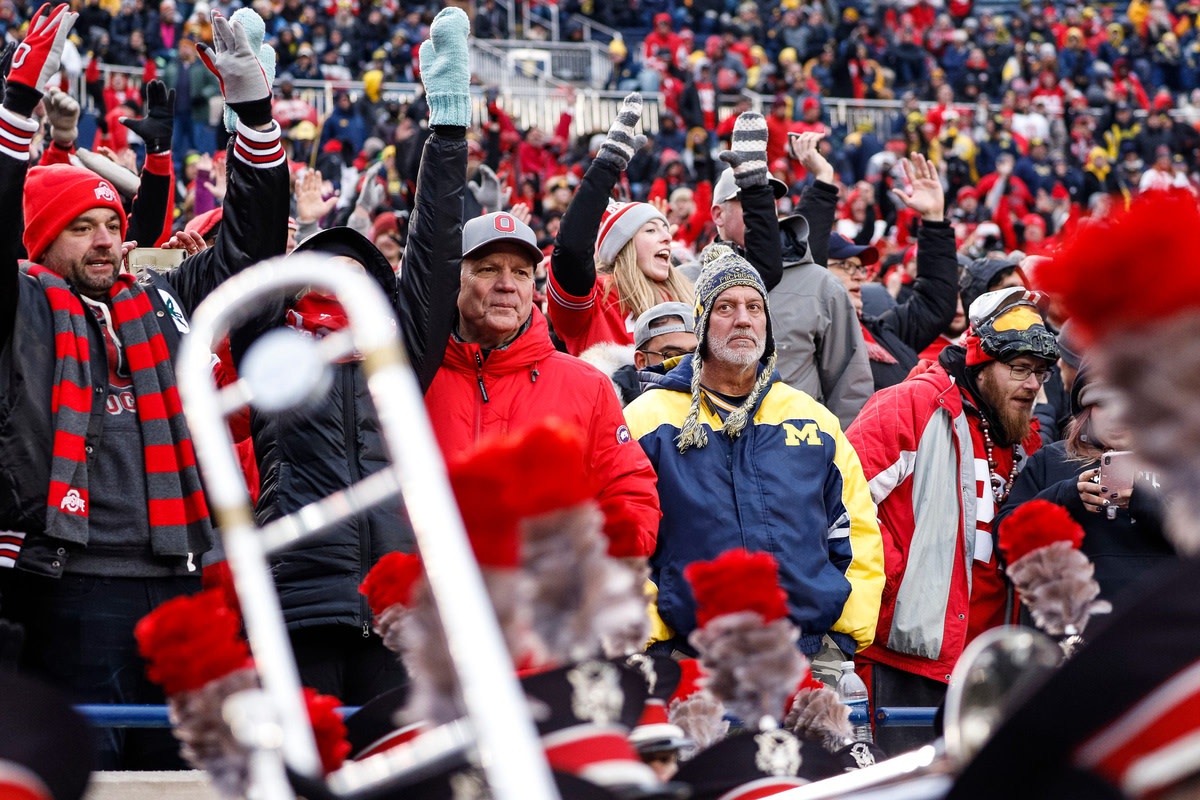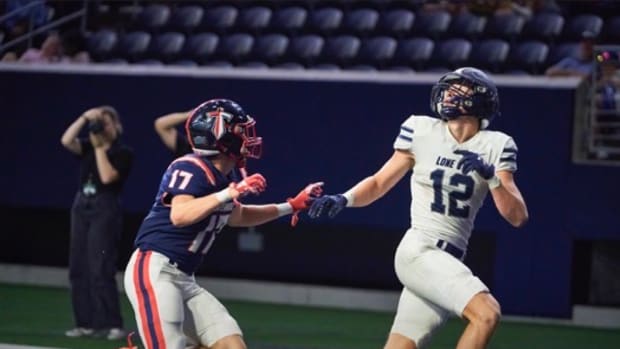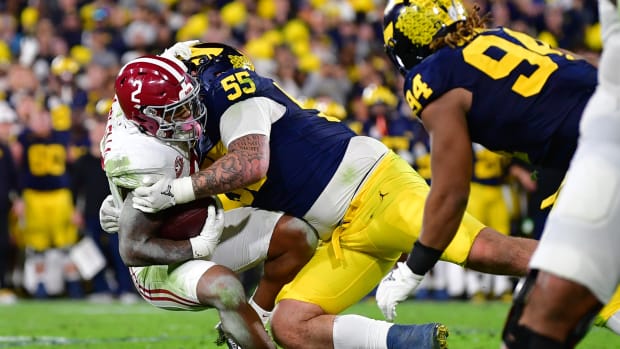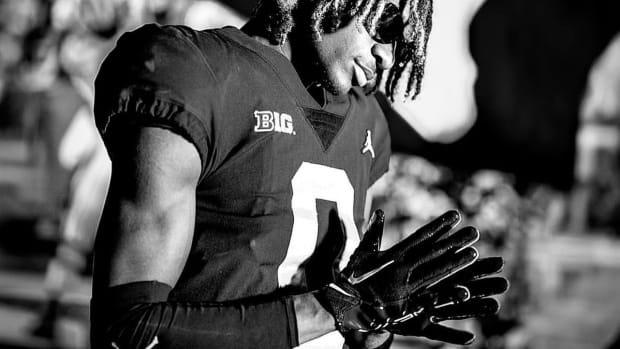Sources: The Big Ten Could Play With Just 12 Teams

The Big Ten announced earlier this month that all formal activities were on hold across the conference through May. This was done to comply with a number of Midwestern states that are still in strict stay-at-home mode.
As a source told WolverineDigest, the Big Ten doesn't want an unfair advantage across its own league. The intent is still to have a Big Ten Championship in December, and send a representative to the playoff, and if some teams - because of the less restrictive measures imposed by their governors - could have done more formal team stuff in May and others could not, that was not ideal.
At the same time, the Big Ten is preparing for a football season that might not include all 14 institutions (Rutgers is especially vulnerable to having to sit out the 2020 campaign). There is no hard deadline in place for deciding such - though mid- to late-June is being bandied about as a key time.
"There is a bit of consensus among coaching staffs and our strength and conditioning coaches that four to six weeks are needed to get in physical shape and we'd like to have an extended preseason camp because we missed spring ball," one of our sources shared.
"That can bleed into each other. Maybe it's four weeks of strict conditioning and then two weeks of conditioning and skill work with the coaches to replace spring ball, and then four weeks of actual practices."
Getting the players back in the gym by mid-to-late June would allow for these conditions to be met, though if the season needs to be pushed back 2-4 weeks to accommodate teams that might not be able to gather until July or August, the Big Ten would certainly consider that.
Which leads to another point, each conference is preparing for unique plans that will only impact their league, which is why talk of non-conference games is largely moot (in other words, get a refund on your plane tickets to Seattle).
Brett McMurphy of WatchStadium.com mentioned that conferences are discussing home-and-home-series within their own leagues, a notion that the Big Ten might adopt, especially if two or more programs do not have a season.
"Michigan-Michigan State home-and-away, Michigan and Penn State home-and-away ... it's different, but we're dealing with unprecedented circumstances, and doing home-and-aways accomplish two goals - limiting travel and providing marquee matchups that we can leverage in our TV advertising," one of our conference insiders shared.
Make no mistake, the money aspect is a significant driving force behind the plans being discussed. Every athletic department understands what is on the line if football doesn't occur, and that without fans in the seats (or limited fans), TV revenue will drive the conference's bottom line.
"This talk about our teams playing a bunch of MAC teams ... I don't know about that," he said. "Football is football and people will be desperate to watch sports, but there's going to be lots of competition with the NBA playoffs, NHL playoffs, Major League Baseball, the NFL, majors in golf, the Kentucky Derby, and so we want to be able to leverage great matchups that TV audiences would eat up."
Again, nothing is in stone, everything is being discussed as possibilities, but the Big Ten Conference is committed to playing football with as many teams as possible this fall, even if that means just 12 institutions, TV money still split evenly for the sake of the conference's future.
"Without revenue from football and from the Big Ten this year, Rutgers' athletic department might be done, for good, that's how desperate their situation is," one of our sources said. "If someone else has to sit out the season, they'd need that TV revenue too in an effort to keep their athletic department going.
"There is a scenario, where if we have no choice in the matter, football is not played, but trust me when I tell you every contingency possible is being discussed to make it happen. Without football, for even one season, college athletics changes fundamentally, and it probably will anyway.
"This will be the most topsy-turvy next 12-18 months any of us has ever experienced. Nothing is sacred. Nothing is off the table."





